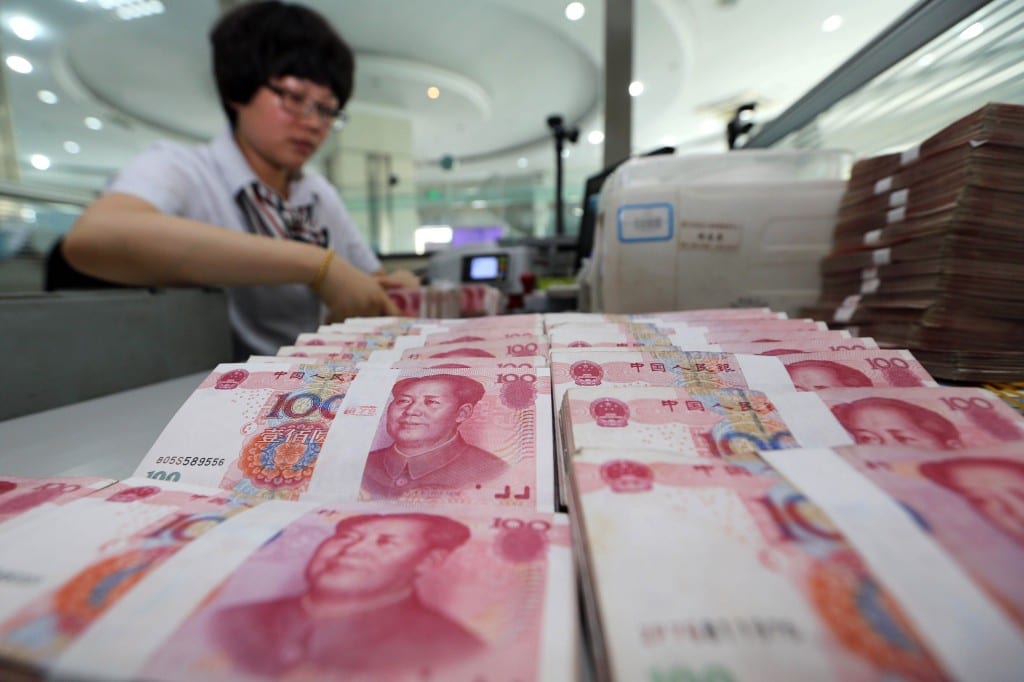
Zhou Xiaochuan dismissed speculation that China planned to tighten capital controls and said there was no need to worry about a short-term decline in foreign-exchange reserves, adding that the country had ample holdings for payments and to defend stability.
The comments come as Chinese financial markets prepare to reopen Monday after the week-long Lunar New Year holiday.
The country’s foreign-exchange reserves shrank to the smallest since 2012 in January, signalling that the central bank sold dollars as the yuan fell to a five-year low. The weakening exchange rate and declining share markets in China have fuelled global turmoil and helped send world stocks to their lowest level in more than two years.
The bank will not let “speculative forces dominate market sentiment,” Zhou said, adding that a flexible exchange rate should help efforts to combat speculation by effectively using “our ammunition while minimising costs.”
Policy makers seeking to support the yuan amid slower growth and increasing outflows have been using up reserves. The draw-down has continued since the devaluation of the currency in August and holdings fell by $US99.5 billion in January to $US3.23 trillion, according to the central bank on February 7. The stockpile slumped by more than half a trillion US dollars in 2015.
China has no incentive to depreciate the currency to boost net exports and there’s no direct link between the nation’s gross domestic product and its exchange rate, Zhou said. Capital outflows need not be capital flight and tighter controls would be hard to implement because of the size of global trade, the movement of people and the number of Chinese living abroad, he added.
The country will not peg the yuan to a basket of currencies but rather seek to rely more on a basket for reference and try to manage daily volatility versus the dollar, Zhou said. The bank will also use a wider range of macro-economic data to determine the exchange rate, he said.
Meanwhile China’s retail sales grew 11.2 per cent during the week-long Lunar New Year vacation compared with the same holiday period last year, Ministry of Commerce data showed on Saturday.
Revenues of retailers and catering firms grew to about 754 billion yuan ($US115 billion) during the Feb 7-13 “Golden Week” holiday, a ministry statement said.
The holiday is especially important for retailers, which vie for customers by launching promotions and discounts. Millions of people take time off work to travel and generally spend more than usual during the break.

